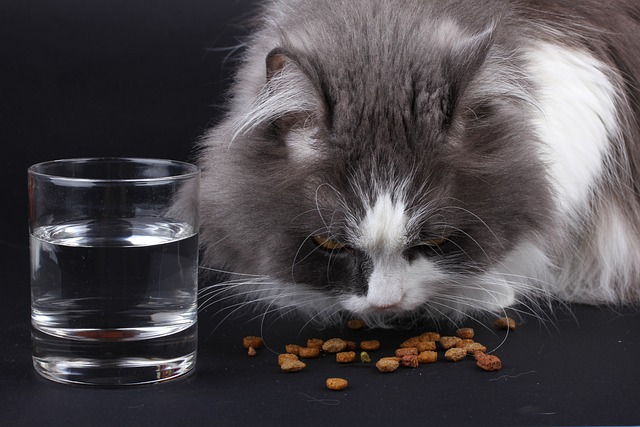The well-being of our beloved pets relies significantly on the quality and balance of their diet. As responsible pet owners, it’s crucial to understand that nutrition plays a pivotal role in maintaining their overall health and vitality. This article explores essential nutrition tips and tricks to ensure optimal health for your furry companions.
Understanding Pet Nutrition Basics
Before delving into specific tips, it’s essential to grasp the fundamentals of pet nutrition. Dogs and cats, in particular, are classified as omnivores and carnivores, respectively, with distinct dietary needs. A balanced diet for pets typically includes proteins, fats, carbohydrates, vitamins, and minerals. The proportions and sources of these nutrients may vary based on factors such as age, breed, size, and health conditions.
1. High-Quality, Species-Appropriate Diet
One of the fundamental principles of pet nutrition is providing a high-quality, species-appropriate diet. Choose pet foods formulated to meet your pet’s nutritional needs. For example, cats thrive on protein-rich diets with animal-based protein sources, while dogs may benefit from a balanced mix of proteins, fats, and carbohydrates. Avoiding generic or one-size-fits-all diets ensures that your pet receives the nutrients tailored to their individual requirements.
2. Read and Understand Ingredient Labels
Become a savvy consumer by reading and understanding pet food ingredient labels. Look for recognizable, high-quality ingredients, and be cautious of artificial additives, fillers, and excessive preservatives. Ingredients are listed in descending order by weight, so the first few items should be sources of essential nutrients.
3. Portion Control for a Healthy Weight
Practice portion control to prevent overfeeding, which can lead to obesity and related health issues. Follow the recommended feeding guidelines on the pet food packaging and adjust portions based on your pet’s activity level, age, and weight. Regular veterinary check-ups can help you monitor your pet’s weight and make necessary adjustments to their diet.
4. Always Provide Fresh Water
Hydration is a cornerstone of good health for pets. Proper hydration supports digestion, nutrient absorption, and overall organ function. Cats, in particular, may have a lower thirst drive, so incorporating wet food into their diet or using a pet water fountain can encourage adequate water intake.
5. Monitor Treats and Table Scraps
While treats and table scraps can be delightful for pets, moderation is key. Excessive treats or indulgence in human food can disrupt the nutritional balance of their main diet and contribute to weight issues. Some human foods are poisonous to pets, so ensure that you take them to an Orting Animal Hospital if you believe they have swallowed something inappropriate. Opt for healthy, pet-friendly treats or consider using small portions of their regular food as rewards during training sessions.
6. Consider Age-Appropriate Nutrition
Pets’ nutritional needs change as they age. Puppies and kittens require diets rich in proteins and calories to support growth, while senior pets may benefit from reduced-calorie options with added joint support. Consult with your veterinarian to determine the most suitable diet for your pet’s life stage and any specific health concerns.
7. Introduce Variety with Caution
Variety in your pet’s diet can provide additional nutrients and prevent monotony, but sudden changes or introducing too many new elements can upset their stomach. If you plan to switch their food or introduce new treats, do so gradually over several days to allow their digestive system to adjust.
Conclusion
In conclusion, optimal pet health begins with a thoughtful and well-balanced approach to nutrition. By understanding your pet’s specific dietary requirements, providing high-quality and species-appropriate food, and incorporating these nutrition tips into their care routine. Remember that individual pets may have unique needs, and consulting with your veterinarian is essential for crafting a nutrition plan that supports their health and ensures a lifetime of happiness and companionship.

